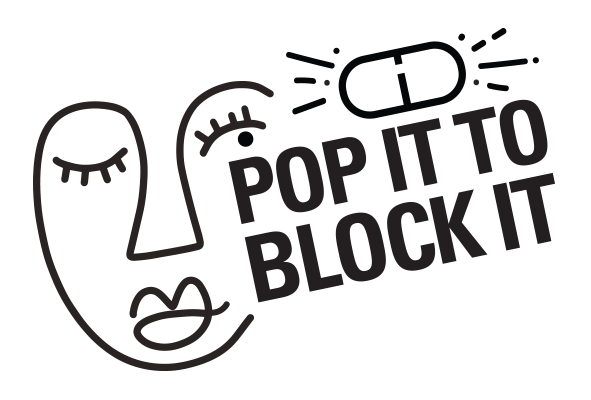The Science Behind PrEP

If you believe that you might be at risk of catching HIV, you really need to learn about PrEP.
PrEP — It’s a simple idea
The name PrEP stands for Pre-Exposure Prophylaxis. What it really means is that PrEP is a drug that you take before you’re exposed, that’s the Pre-Exposure part. Prophylaxis means to prevent. According to science, it’s 99% effective at protecting you from contracting HIV when taken as prescribed. It’s kind of like a birth control pill – but instead of preventing pregnancy, it prevents HIV infection.
You’ll see it advertised under two names: Truvada and Descovy. They’re very similar and made by the same company, Gilead.

What PrEP isn’t
Let’s get one thing straight; PrEP only protects you from HIV. There are other risks with having barrier-free sex or other sharing injection drugs. If you’re on PrEP, you can still get infections like hepatitis, gonorrhea, and syphilis — it just won’t be HIV. It’s necessary to use condoms or other methods to prevent pregnancy, even if you’re on PrEP. It’s smart to make it a personal rule to never share syringes or other injection equipment if you use injected drugs, even if you’re on PrEP. Finally, consider using condoms or other barrier methods of safer sex to prevent sexually transmitted infections.
PrEP isn’t a treatment or cure for HIV or AIDS, so PrEP isn’t for people who already have HIV. Who is PrEP for?
It’s also not a vaccine, like what you get for Chicken Pox or Measles. Well, the most obvious person is someone who is HIV-negative, who has sex with someone whose HIV status is unknown.
You should consider taking HIV if you’re:
- A man who has sex with men (MSM) who has had anal sex with other men in the last six months or has contracted a sexually transmitted disease in the past
- Unsure of the drug or sex habits and histories of your current partners, and have a strong reason to suspect they may be exposed to HIV
- A person who uses injection drugs and shares needles
- A person with multiple sex or drug sharing partners and are uncertain of their HIV statuses
- A person who exchanges sex for money, shelter, food, or other services
Seriously, getting HIV is a big deal, and PrEP is a simple way to prevent that. If you’re in any of these groups, set an appointment with your primary care provider to get on PrEP, or reach out to your local PrEP Navigator. Remember, PrEP is 99% effective at preventing you from contracting HIV when taken as prescribed.

How PrEP actually works
HIV is complicated because it attacks the immune system. Our immune systems help us fight off diseases. The virus attacks a specific kind of immune cell, the CD4 cell, AKA, the t-cell. Once it takes over one of these cells, it makes a lot of copies of itself. Once it’s done making copies, it kills the cell, and the cell releases all of the new copies of the virus.
That’s why HIV is a serious disease — it makes it easier for other viruses and bacteria to infect us.
PrEP hangs out inside of the t-cell. With enough of the drug inside the cell, it prevents the virus from making new copies of itself in the cell. In other terms, it kills the virus before it multiplies and spreads. These drugs don’t hang around in the body for too long, though, and that’s why it’s important to remember to take the pill regularly, Dr. Daniel Kuritzkes of Brigham and Women’s Hospital in Boston said.

The fine print
PrEP works when it’s taken as prescribed. When it’s prescribed as a once-daily drug, it will not be effective right away. For oral and anal sex, you need to take it for at least one week. For vaginal sex, it takes three weeks. Before you start PrEP, your provider will order some blood tests, including an HIV test. You’ll also need to have blood drawn every three months to make sure you’re still safe to take PrEP.
Finally, getting on PrEP means finding ways to pay for it. Most insurance covers PrEP, so do Medicare and Medicaid. Even if you don’t have insurance, there are several ways to get help paying for it. We’ve got it all spelled out over here.

You're not alone
AKeem Rollins, MetroHealth – Call or Text 216.714.2223
Fiona Allan, University Hospitals
Call 216.286.7737
PrEP navigators are here for everybody who’s looking to get on and stay on PrEP. You don’t need to be a patient of MetroHealth or University Hospitals for them to help you. You just need to be you.

Email AKeem at Metro for PrEP




